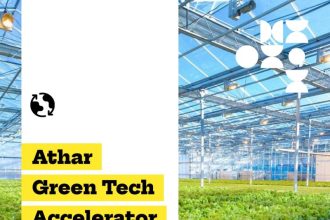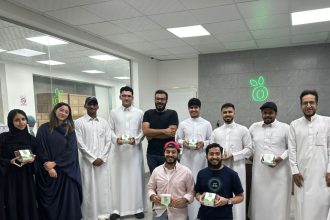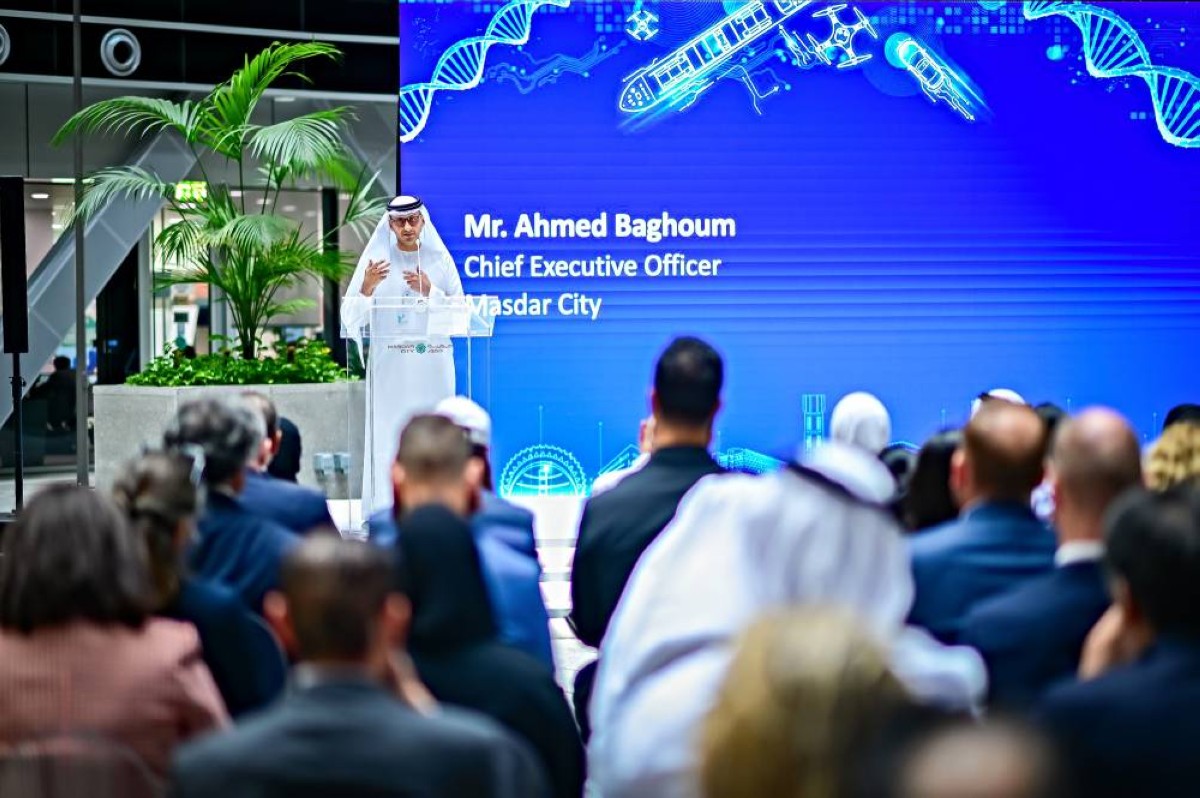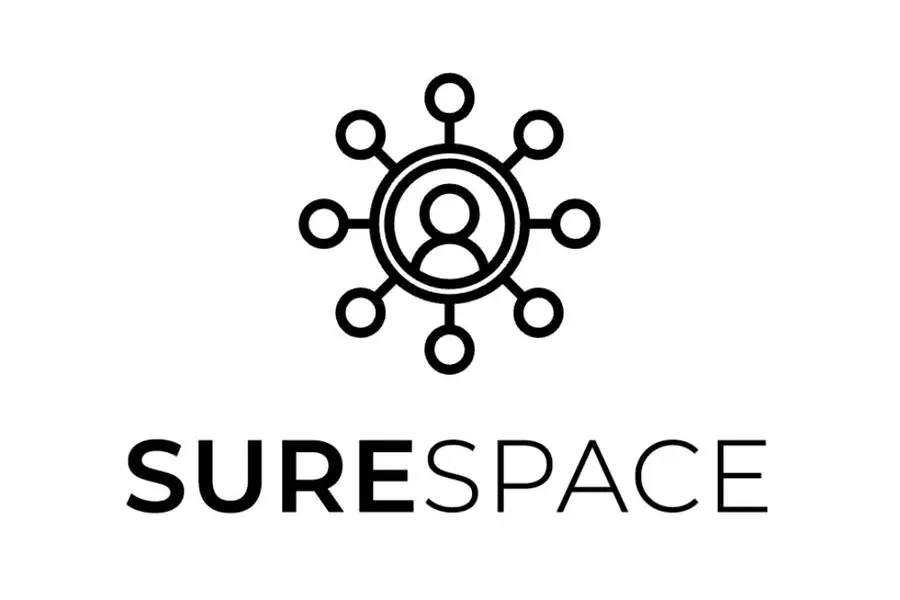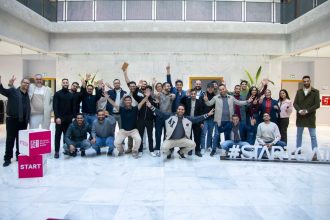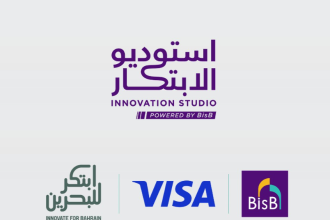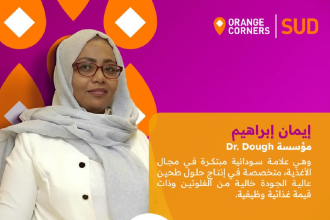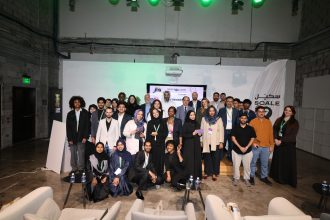Masdar City, a pioneering sustainable urban development, has released its third Environmental, Social, and Governance (ESG) report, reinforcing its status as a global benchmark for green cities of the future. The report details significant progress in sustainable urban development, aligning with the UAE’s ambitious goal of achieving climate neutrality by 2050. Through an integrated ecosystem combining world-class sustainable infrastructure, a thriving free zone, and a diverse community of innovators, Masdar City continues to attract global companies and entrepreneurs dedicated to advancing a low-carbon, knowledge-based economy.
A Vision for Integrated Urbanism
“Masdar City is a living example of the successful integration of sustainability, innovation, and community building,” said Ahmed Baghoum, CEO of Masdar City. “We are committed to fostering an integrated ecosystem that drives innovation, provides opportunities, and creates tangible impact, setting new standards for how cities can build sustainable economic, social, and environmental value.” This commitment is evident in the city’s strategic focus on nurturing a holistic environment where businesses and residents can thrive.
Cultivating a Hub for Innovation and Talent
The community and workforce are central to Masdar City’s growth. In 2024, the city demonstrated a strong commitment to national talent development and diversity, achieving an Emiratization rate of 54.7% and 31% female representation. Collaboration flourished across the city, with key partnerships driving progress. The M42 health-tech company is advancing precision medicine, while the new Khazna AUH6 data center expands the city’s sustainable data infrastructure. In education, GEMS Founders School is integrating sustainability into its curriculum from its first academic year, and the Mohamed bin Zayed University of Artificial Intelligence (MBZUAI) is developing world-class AI research in line with the UAE’s National Strategy for Artificial Intelligence.
Key Environmental Milestones in 2024
Masdar City has strengthened its environmental commitments with projects designed to reduce emissions, conserve resources, and expand green infrastructure. Key achievements in 2024 include a 22.7% reduction in energy intensity compared to the ASHRAE baseline, meaning buildings operated with significantly less energy than standard practice. Additionally, 5,518 tons of carbon dioxide emissions were avoided, equivalent to removing 1,285 gasoline-powered passenger vehicles from the roads for a year. The city also achieved a 13.1% saving in potable water consumption across its building portfolio and diverted 98.3% of construction waste from landfills.
Building a Resilient and Green Future
The city’s legacy of sustainable design continues with ambitious new projects set to push the boundaries of urban sustainability. Developments such as MC2, “The Link,” “Falaj Plaza,” the Masdar City Mosque, and “Connect Park” will introduce innovative and integrated solutions to enhance livability, biodiversity, and climate resilience. In 2024, 30 buildings across twelve projects received green building certifications, including two completed net-zero energy buildings and three more currently under construction, cementing Masdar City’s role as a pioneer in sustainable architecture.
Fostering Community and Entrepreneurship
Masdar City maintained a vibrant calendar of community engagement, hosting over 300 stakeholder events, cultural activities, and wellness initiatives to foster a strong sense of belonging. The city’s free zone has been instrumental in enabling hundreds of local small and medium-sized enterprises (SMEs) to grow sustainably, while the Women in Entrepreneurship program continues to expand business opportunities for female leaders. High-profile events such as the Masdar City Festival, the launch of BYD electric vehicles, and the opening of “The Hub by Social” sustainable food hall showcased innovations in clean energy, sustainable mobility, and community-led solutions.
About Masdar City
Masdar City is a pioneering sustainable urban community, a world-class business and technology hub, and a “green-print” for cities that will be smarter, cleaner, and more sustainable. It is a hub for innovation, research, and development, spearheading the innovations to realize greener, more sustainable urban living for all.
Source: Albayan



